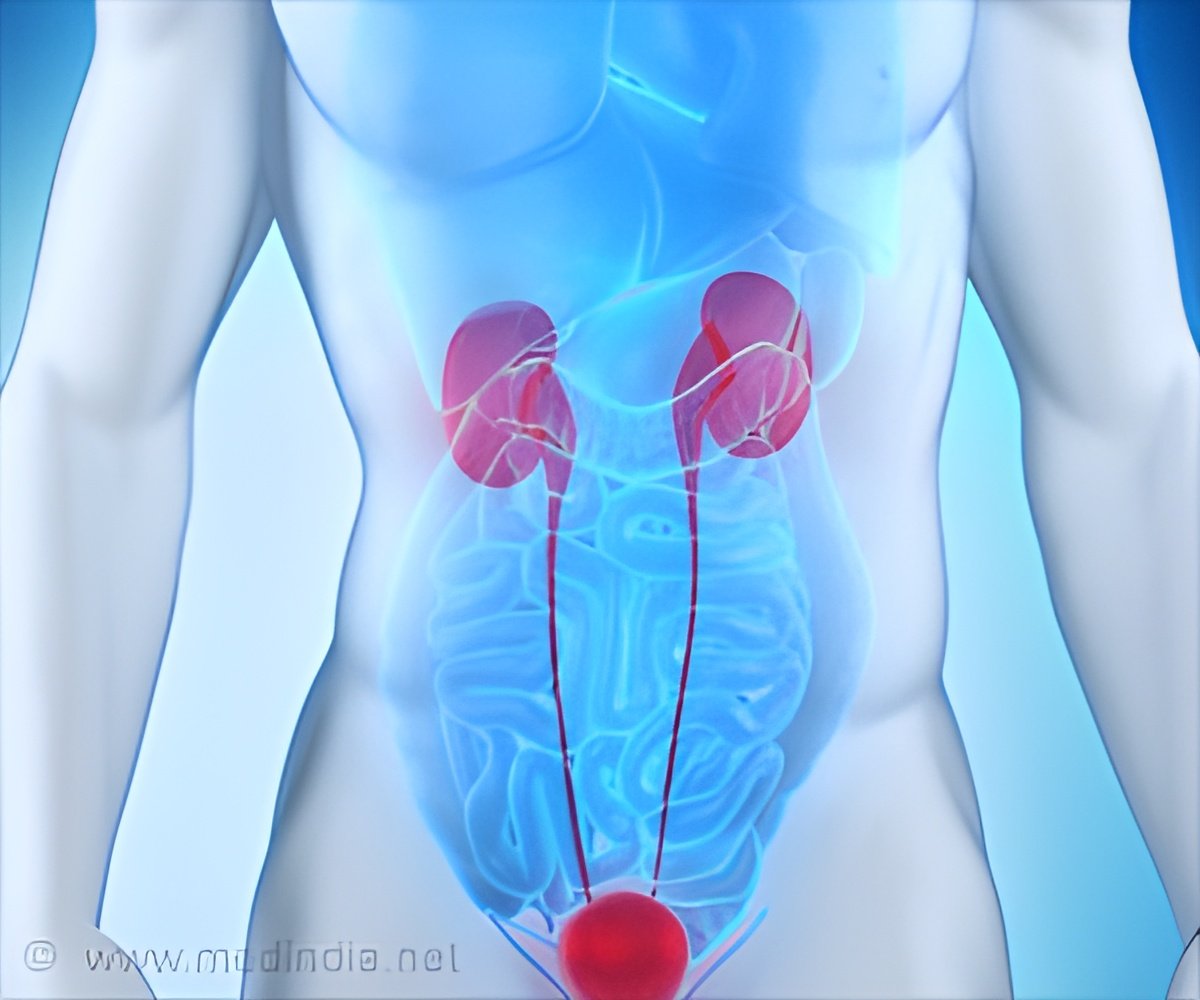Diagnosed prevalent cases of chronic kidney disease are projected to reach 22.97 million across the 7MM by 2033. This increase highlights the impact of CKD on global health.

Diagnosed prevalent cases of chronic kidney disease to reach 22.97 million across 7MM in 2033
Go to source). 7MM include The US, 5EU (France, Germany, Italy, Spain, the UK), and Japan. Suneedh Manthri, MPH, Project Manager (Epidemiology) at GlobalData, commented: "Over 65% of diagnosed prevalent CKD cases occur in individuals aged 60 years and older, with more than 51% of cases among women compared to men. CKD is more common in older age groups, which explains the increased prevalence in later decades. The aging population in the US, Europe, and Japan contributes to a larger share of CKD cases in older age groups. The overall increase in diagnosed CKD prevalence in the 7MM is primarily driven by changes in population dynamics, diagnosis rates, and an increase in the number of people with advanced stages of CKD in each market."
‘By 2033, the US will lead the 7 major markets with 5.83M diagnosed #CKD cases, followed by Japan with 5.64M. Italy will have the fewest at 0.93M. #chronickidneydisease #healthcare #kidneydisease ’





What is Chronic Kidney Disease
Chronic Kidney Disease (CKD) is a long-term condition where the kidneys gradually lose function over time. It primarily affects individuals aged 60 and older, with a higher prevalence among women. CKD progresses through five stages, from mild kidney damage (stage 1) to complete kidney failure (stage 5). Blood and urine tests, including measurements of the glomerular filtration rate (GFR), are used to diagnose and monitor the disease.Major risk factors for CKD include diabetes, hypertension, and a family history of kidney disease. While there is no cure, treatments such as medication, lifestyle changes, and renal replacement therapies can slow its progression and manage symptoms. Early detection and proper management are crucial for improving patient outcomes and quality of life.
CKD is a significant condition associated with increased morbidity and mortality, as well as a considerably lower quality of life. Blood and urine tests determine the stage of CKD, ranging from very mild (stage 1) to advanced kidney failure (stage 5). Healthcare providers assess kidney function based on the glomerular filtration rate (GFR) and tailor treatments accordingly. While there is currently no cure for CKD, treatments can slow disease progression.
Patients with advanced CKD are advised to undergo renal replacement therapy (RRT) when kidney failure occurs. Renal dialysis and kidney transplantation (KTx) are life-sustaining treatments that regulate blood pressure, maintain electrolyte balance for proper heart and muscle function, and support the production of
Reference:
- Diagnosed prevalent cases of chronic kidney disease to reach 22.97 million across 7MM in 2033 - (https://www.globaldata.com/media/pharma/diagnosed-prevalent-cases-of-chronic-kidney-disease-to-reach-22-97-million-across-7mm-in-2033-predicts-globaldata/)
Source-Medindia















